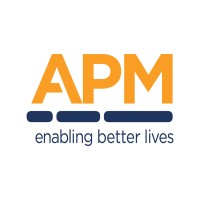
Cayaba Care
The US is one of the most dangerous developed countries in which to give birth, and these poor maternal outcomes disproportionately impact minority women and underserved populations across major US cities. Cayaba Care is focused on closing this gap by providing a complete set of maternity services, including pregnancy, birth planning, and postpartum, as well as lactation, doula, nutrition, and mental health support. Our care model focuses on the integration, not replacement, of patients’ primary Obstetric providers, and we provide personalized support via a combination of in-home, in-clinic, and virtual in order to reduce any barriers to patients receiving recommended care. Our program is designed by OBs and fellow moms who have a depth of experience in providing culturally competent care tailored to our patients' needs.






